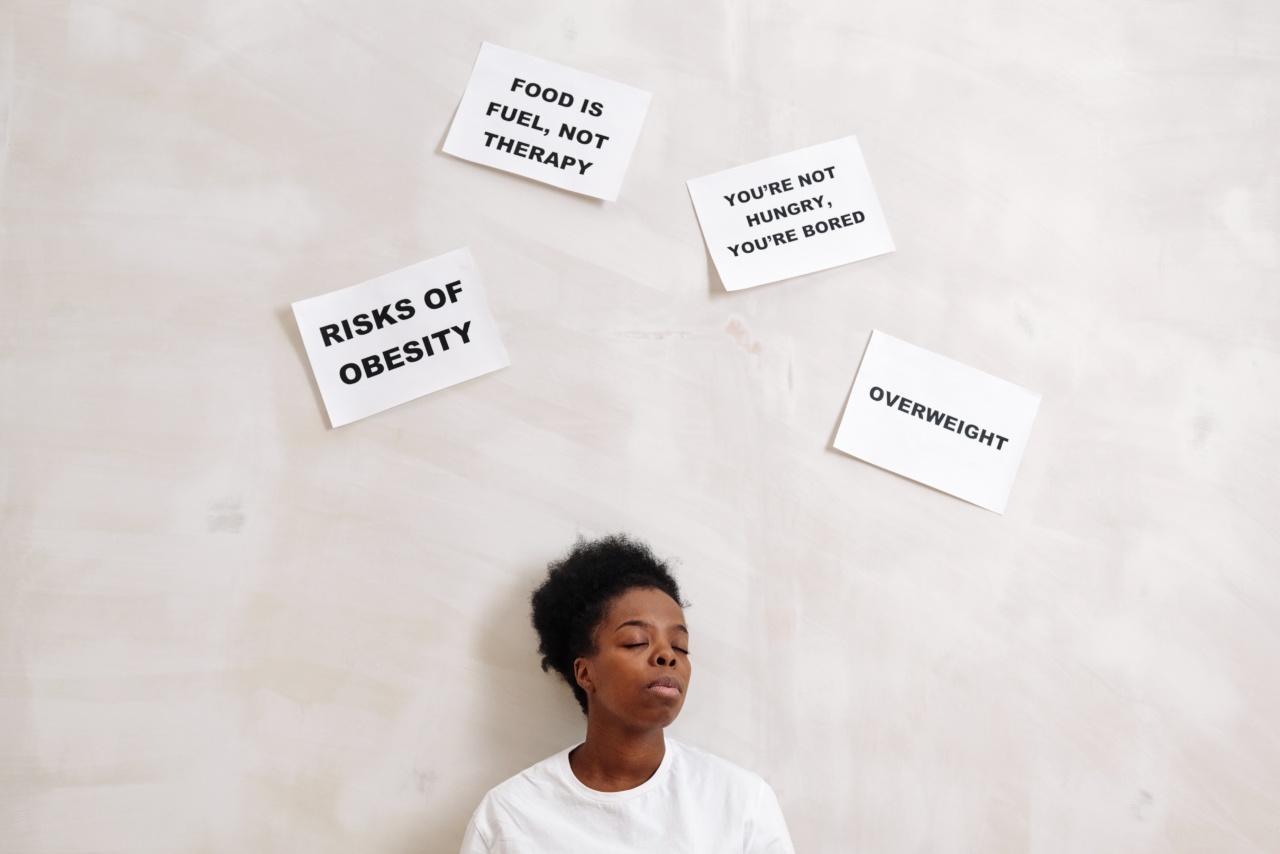Nutrition plays a vital role in keeping our bodies healthy and functioning properly. It provides us with the necessary nutrients, vitamins, and minerals that our body needs to grow, repair, and maintain itself.
However, poor nutrition can have a detrimental impact on our overall health and well-being. In this article, we will explore the indicators of poor nutrition and discuss eight signs that your body may be struggling due to a lack of proper nourishment.
1. Constant Fatigue
One of the most common signs of poor nutrition is constant fatigue. When our body lacks essential nutrients, it struggles to produce enough energy. As a result, you may feel tired and lethargic even after a good night’s sleep.
This fatigue can significantly impact your productivity and quality of life, making it important to address the underlying nutritional deficiencies.
2. Poor Skin Health
Your skin is a reflection of your overall health. When your body is not receiving the right nutrients, your skin suffers. Signs of poor skin health due to inadequate nutrition include dryness, flakiness, acne breakouts, and a dull complexion.
Essential vitamins and minerals like vitamin A, vitamin C, and omega-3 fatty acids are crucial for maintaining healthy skin.
3. Weak and Brittle Hair
If your hair is becoming dry, weak, and prone to breakage, it could be an indicator of poor nutrition. Lack of essential nutrients like biotin, vitamins A and E, iron, and zinc can lead to hair loss, thinning, and overall poor hair health.
Including a balanced diet rich in these nutrients can promote hair growth and strengthen your locks.
4. Brittle and Discolored Nails
Similar to hair, your nails can also provide insights into your nutritional status. Insufficient intake of nutrients like iron, biotin, and vitamins A, C, and B can lead to brittle nails that are prone to splitting, ridges, and discoloration.
Nourishing your body with a nutrient-rich diet can help improve the health and appearance of your nails.
5. Slow Wound Healing
Proper nutrition is essential for effective wound healing. If you notice that your cuts, bruises, or other wounds are taking longer to heal than usual, it may be a sign of poor nutrition.
Nutrients like vitamin C, zinc, and protein are especially crucial for the formation of new tissues and collagen synthesis, promoting faster healing.
6. Weakened Immune System
Poor nutrition weakens your immune system, making you more susceptible to infections and illnesses. When your body lacks essential nutrients, it compromises the production of immune cells and reduces the overall efficiency of your immune system.
This can lead to frequent colds, flu, and other respiratory infections.
7. Cognitive Impairment
Your brain relies on a steady supply of nutrients to function optimally. Inadequate nutrition can negatively impact your cognitive abilities, leading to difficulties in concentration, memory loss, and impaired overall brain function.
Nutrients like omega-3 fatty acids, B-vitamins, and antioxidants are essential for maintaining good brain health.
8. Digestive Problems
Poor nutrition can also manifest in various digestive issues. Lack of dietary fiber, vitamins, and minerals can lead to constipation, bloating, diarrhea, and other gastrointestinal discomforts.
A well-balanced diet that includes fiber-rich foods, probiotics, and proper hydration can support a healthy digestive system.
Conclusion
Your body constantly communicates its needs to you, and the indicators of poor nutrition are its way of telling you that something is amiss.
If you notice any of the signs mentioned above, it is important to evaluate your diet and seek professional guidance if necessary. Providing your body with the necessary nutrients through a well-balanced diet is crucial for maintaining optimal health and preventing the long-term consequences of poor nutrition.






























